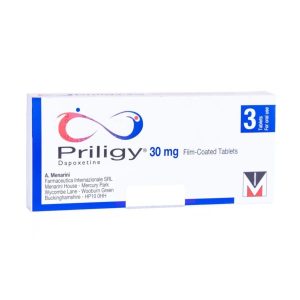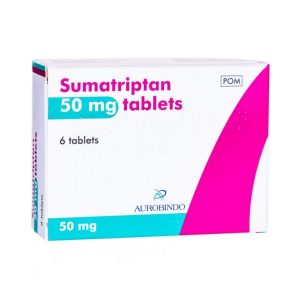Norethisterone
Safe and Secure
- Safe & Discreet Available 24/7
- Fully inspected and regulated service
If you do not take a contraceptive pill, you may be able to take a medication to delay your period called Norethisterone. Norethisterone is part of a group of medicines called Progestogens which are similar to the natural female hormone progesterone that is produced in the body. Usually before the menstrual cycle is due there is a reduction in the level of progestogen hormone in the body. When this falls below a certain level, the lining of the uterus is shed as menstrual period. When you take Norethisterone this delays the process until you stop taking the medication.
Norethisterone Tablets can be used to treat several menstrual cycle conditions. It is also prescribed to delay your next period for times when it is inconvenient such as a special holiday or during an exam. Whilst it cannot be guaranteed that the period will be delayed, this medication usually works to stop the cycle for when you want.
For more information about Period Delay, click here.
How to take Norethisterone
The recommended dose is:
- take 1 tablet 3 times (15 mg) a day.
You need to start taking the tablets 3 days before yourperiod is due to start and then your period will usually start within 3 days of finishing the tablets.
Norethisterone tablets can be used to delay a period for a maximum of 17 days and taken 3 days before your period (a total of 20 days). This medication should not be used to delay your period more than once every 6 months.
Please be aware that Norethisterone does not act a contraceptive and it may not be suitable for people with a history of blood clots.
The effectiveness of the medication will vary between women whilst some have reported side effects including:
- bloating
- breast tenderness
- nausea
- headaches
- disturbances in mood and sex drive
See our other Period Delay products, click here.
Period Delay
Period
A period is when a woman begins to bleed from her vagina as part of the menstrual cycle. For most women, the cycle happens every 28 days and will last for a few days (between 3 and 8) however it is common for periods to happen soon or later than this, ranging from day 21 to day 40. The bleeding will often be at its heaviest in the first 2 days of the cycle and will red in colour. On lighter days, the blood may be pink, brown or black with an average of 30 to 72 millilitres lost during the period (though some woman experience heavier bleeding than this).
Period Delay
There is no guaranteed way to delay your period however it may be possible if you take the combined contraceptive pill. If you take this pill, you can potentially delay your period by taking two packets back to back but how you do this will depend on which form of pill you are currently on.
If you are not sure which pill you are taking or which ones to not take please consult your pharmacist, sexual health clinic or your GP.
You should avoid taking more than 2 packs without a break unless your GP advises so as there is a risk of side effects.
If you don’t take a contraceptive pill
You should consult your doctor for advice if you want to delay your period and you are not taking a combined contraceptive pill. They may prescribe a medication called Norethisterone to delay the menstrual cycle. Your doctor will prescribe how long to take the medication, which is usually 3 tablets per day, starting the course 3 to 4 days before your period is due. Your period should then begin 2 to 3 days after you stop taking your medication.
Please be aware that Norethisterone does not act a contraceptive and it may not be suitable for people with a history of blood clots.
The effectiveness of the medication will vary between women whilst some have reported side effects including:
- bloating
- breast tenderness
- nausea
- headaches
- disturbances in mood and sex drive.






